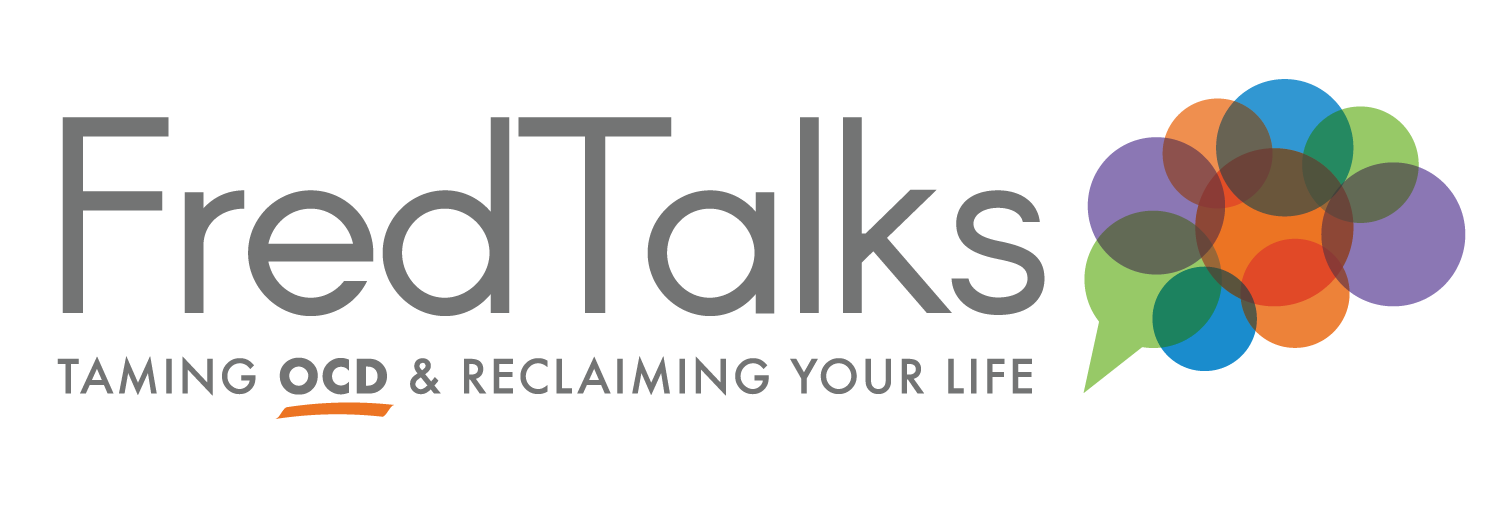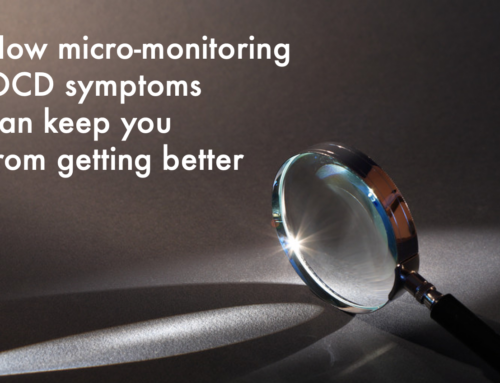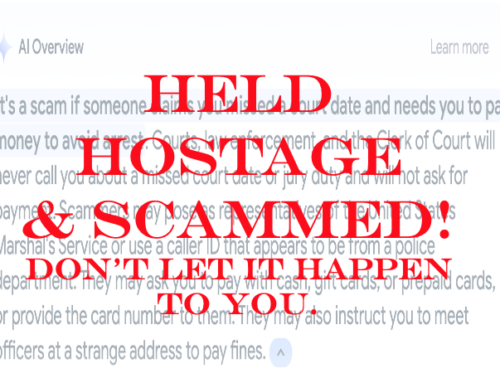 One of my all-time favorite quotes is “Discomfort is the price of admission to a meaningful life,” which Susan David, PhD said in her powerful TED talk “The gift and power of emotional courage.” and which I wrote about in one of my Psychology Today blog posts. I reference the quote here because I think it offers a roadmap for living an ERP lifestyle that can help keep your OCD recovery strong.
One of my all-time favorite quotes is “Discomfort is the price of admission to a meaningful life,” which Susan David, PhD said in her powerful TED talk “The gift and power of emotional courage.” and which I wrote about in one of my Psychology Today blog posts. I reference the quote here because I think it offers a roadmap for living an ERP lifestyle that can help keep your OCD recovery strong.
Why does an ERP lifestyle matter to your recovery?
ERP, or exposure and response prevention therapy, is the evidence-based therapy for OCD. As I wrote about in a previous post, to get the most benefit out of doing ERP, we want to do our ERP homework exercises relatively consistently. The more we practice facing our fears without doing compulsions, the more our brains learn they can tolerate the uncertainty that underlies OCD and the anxiety that accompanies it. And the less we practice, the more likely it is that our brains will go back to OCD’s way of thinking.
When you’ve finished formal therapy and are in a good place in your recovery, that doesn’t mean you’re not going to have an intrusive thought now and then. And sometimes your OCD is going to react to one of those thoughts and present you with an opportunity to do compulsions. (For more about this see my blog “Why There’s No Cure for OCD: But you can have an amazing, joyful life anyway.”) The more you create opportunities to practice ERP skills daily by acting like the content of intrusive thoughts doesn’t matter, otherwise known as an ERP lifestyle, the more likely you’ll be able to put your Shoulders Back and ignore OCD’s invitations, thus keeping your life your own.
Developing your own ERP lifestyle
 So how do you live an ERP lifestyle? Here’s a simple equation to help guide your practice:
So how do you live an ERP lifestyle? Here’s a simple equation to help guide your practice:
What’s meaningful to you + What bothered/s your OCD = Opportunities for an ERP lifestyle
For instance, say relationships are really important to you, but your OCD was always afraid of you saying something silly or embarrassing. ERP as a lifestyle is to take all the opportunities you can to talk to people: at the grocery store, at work, in your neighborhood, when you’re out being social. Then, remember what really pushed your OCD’s buttons when you were working on this in therapy and let that guide your actions:
- If OCD didn’t like sarcasm, throw a little in now and then.
- If it didn’t like you to end conversations abruptly, practice that when you’re pressed for time.
- OCD didn’t appreciate your sense of humer? Be sure to tell some jokes!
And then, do your best to not interact at all with OCD in your mind or do any other compulsions: instead, put your Shoulders Back and focus on what’s important to you, not getting the certainty that OCD wants (and that isn’t attainable anyway).
What I’ve learned in the almost 15 years of my OCD recovery is the more I live a lifestyle of ERP and the less I interact with OCD either physically or mentally, the fewer intrusive thoughts I have, and the more my life stays my own.
For further reading on ERP as a lifestyle
- How to push yourself out of your comfort zone and pursue the life you want to live: The Best TED Talks for People with OCD: Park 5.
- Need a quick reminder of all things ERP? The Anatomy of ERP for OCD
- We all slip sometimes: A Day of ERP (plus self-indulgence vs. self-compassion)
- How to avoid having “dead people’s goals” and discover that “discomfort is the price of admission to a meaningful life”: The Best TED Talk for People with OCD: Part 1.
- The essence of good exposure and response prevention therapy: Act as though OCD is irrelevant
- Dr. Reid Wilson and I discuss steps to maintaining OCD recovery goals in this video: How to Maintain OCD Recovery Gains
Learn more about taming OCD
To learn more about how I developed a lifestyle of ERP, see chapter 19, “A New Rule #1” in Is Fred in the Refrigerator? Taming OCD and Reclaiming My Life. Click here to purchase your copy.
Sign up for my Shoulders Back! newsletter to receive OCD-taming tips & resources, including notifications of new FredTalks, delivered every month to your inbox.
My blogs are not a replacement for therapy, and I encourage all readers who have obsessive compulsive disorder to find a competent ERP therapist. See the IOCDF treatment provider database for a provider near you. And never give up hope, because you can tame OCD and reclaim your life!







Leave A Comment